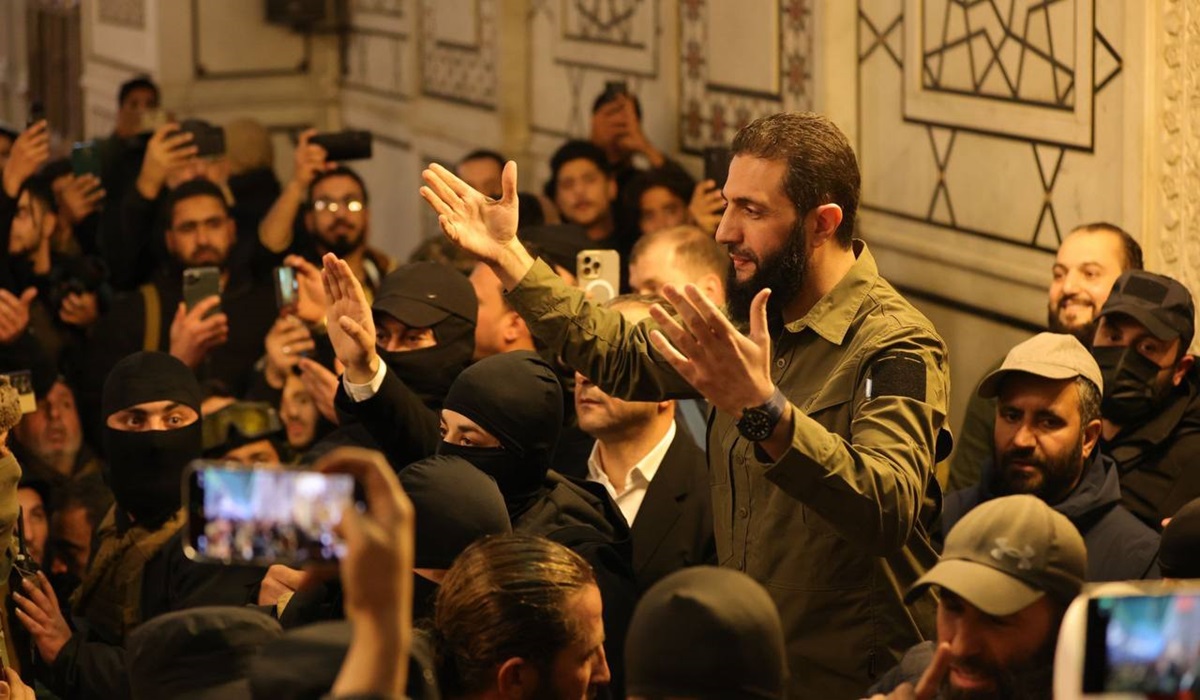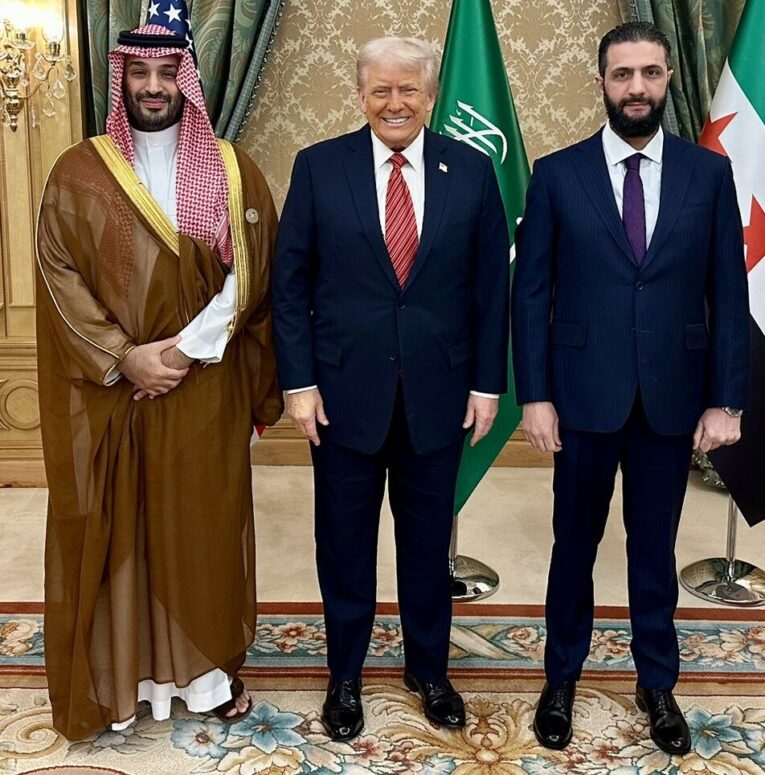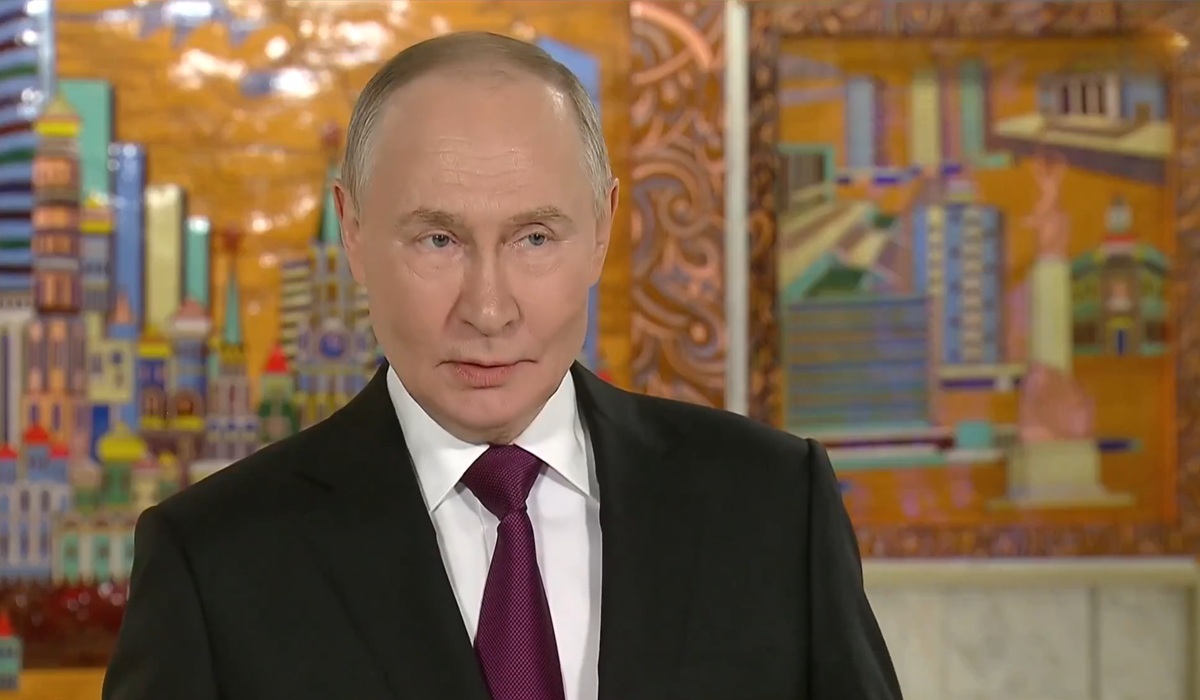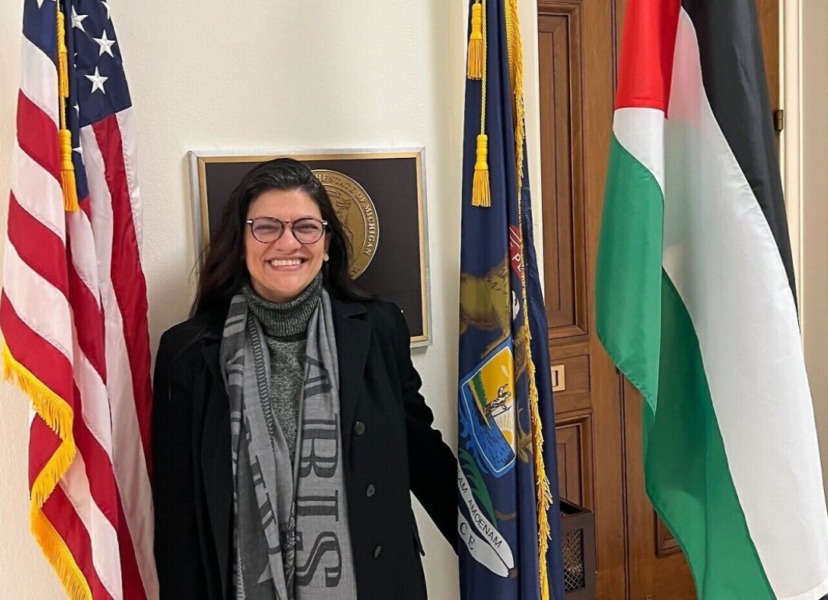U.S. Delists HTS from Terror List: A Strategic Shift Toward Regional Realignment, Not Peace
- TDS News
- U.S.A
- July 16, 2025

Image Credit,
The Trump administration has quietly removed Hay’at Tahrir al-Sham (HTS), a group widely regarded as the successor to Al-Qaeda in Syria, from the U.S. State Department’s list of designated terrorist organizations. This move, barely noted in mainstream media, is a significant shift in American foreign policy with far-reaching implications—not just for Syria, but for the broader Middle East. It also raises critical questions about legality, geopolitical strategy, and the long-standing practice of arming non-state actors who serve U.S. interests.
HTS emerged from Jabhat al-Nusra, Al-Qaeda’s Syrian affiliate, and maintains many of its ideological and leadership ties to the original terrorist network. Although the group has undergone multiple rebrandings and attempted to distance itself from its jihadist origins, it remains a dominant militant force in northwestern Syria, particularly in the Idlib province. What makes this delisting so consequential is that HTS now enjoys political alignment with Syria’s emergent leadership and may become a key partner in a new phase of Syrian governance. This opens the door to a dangerous precedent: the re-legitimization of extremists when it serves a superpower’s strategic calculus.
The legal rationale for the delisting is rooted in American law, which prohibits the U.S. government from providing direct support—financial, military, or intelligence—to entities designated as foreign terrorist organizations. By removing HTS from the list, the administration removes this barrier. It is no longer legally constrained from engaging with or indirectly supporting HTS via military proxies or intelligence coordination. This is especially relevant in Syria, where the U.S. has sought to maintain influence despite the collapse of moderate rebel forces and the re-entrenchment of Assad’s regime.
This move is not without precedent. For decades, the United States has supported armed groups that operate in the murky middle ground between friend and foe. In Afghanistan, the U.S. armed the Mujahideen against Soviet forces—many of whom would later form the Taliban and Al-Qaeda. In Nicaragua, the U.S. circumvented Congress to fund the Contras, a group known for human rights violations. Even in Syria, American arms funneled to vetted rebel groups were later found in the hands of jihadist fighters. These historical patterns show that legal definitions are often subordinate to geopolitical expediency.
The delisting of HTS also coincides with early signals that Washington is recalibrating its relationship with Syria. Although formal diplomatic ties remain frozen, there is increasing evidence of backchannel negotiations and a potential shift toward normalization—at least with factions of Syria that are willing to align with U.S. interests. In this new arrangement, HTS appears poised to become an unofficial intermediary power, offering control over territory, a ready-made security apparatus, and a shared animosity toward Iran and Hezbollah.
In practical terms, this gives the U.S. expanded latitude to remain engaged in Syria without the political baggage of propping up Assad or relying solely on Kurdish forces, many of whom have drifted toward Iranian influence. It also reinforces American control over key oil installations in Syria’s northeast, particularly in Deir ez-Zor. These fields are currently operated with U.S. military protection, and maintaining access to them has long been a quiet priority in Washington’s Syria strategy. If HTS or its affiliated governance structures can serve as local partners in securing these resources, it provides a convenient, if ethically fraught, solution.

Meanwhile, in the occupied Golan Heights, which the Trump administration controversially recognized as part of Israel in 2019, this move may serve as part of a larger regional bargain. While there is no official declaration, observers suggest the U.S. may be facilitating an arrangement where HTS is allowed to govern in parts of Syria in exchange for reduced military escalation and a de facto acceptance of Israeli territorial claims. It would not be the first time land, legitimacy, and loyalty have been negotiated behind closed doors.
The broader question is, what does the U.S. ultimately gain? The answer is not peace. What it gains is leverage. It gains the legal and logistical ability to arm a new actor in the region’s evolving conflict landscape. It gains access to energy assets. It gains influence over a key piece of territory that borders adversarial powers and lies at the heart of several proxy conflicts. And it gains a flexible narrative—one that allows it to portray this as part of a broader counterterrorism strategy, even as it rehabilitates a group that, not long ago, was synonymous with Al-Qaeda.
Critics are quick to point out that the normalization of HTS follows a familiar trajectory. The Taliban, now courted as a quasi-legitimate governing body in Afghanistan, once harbored the same network that executed 9/11. The distinction between acceptable and unacceptable extremism appears to rest not on ideology or human rights, but on usefulness to U.S. policy. This creates a dangerous precedent where terrorism is not an absolute term, but a flexible label assigned or removed according to shifting geopolitical needs.
This move also complicates the narrative for the American public. The idea that a group closely associated with Al-Qaeda is no longer considered a terrorist threat is likely to provoke outrage—particularly among veterans of the Syrian and Afghan conflicts, and among families who lost loved ones to attacks by groups that shared the same ideological DNA. Yet, few Americans will be made fully aware of the change, given how subtly it has been implemented and how sparsely it has been reported.
Going forward, the United States appears set to integrate HTS into a broader proxy architecture that will be used to counter Iran, disrupt Hezbollah’s supply lines, and possibly suppress Kurdish autonomy efforts that threaten Turkish interests. The group, now partially legitimized, may even become a conduit for Gulf funding and Turkish intelligence coordination, further embedding it into the geopolitical chessboard of the region.
The implications are clear. The U.S. has opted for pragmatism over principle, resource control over reconciliation, and leverage over long-term stability. This decision, while legal on paper, rests on the presumption that short-term strategic advantage outweighs the risk of legitimizing extremism. It may bring tactical benefits in the coming months or years, but it also deepens the legacy of American foreign policy using militant groups as pawns—and leaving the civilians under their control to bear the cost. The profits from this strategy are measured not in peace treaties, but in barrels of oil, strategic airfields, and the quiet expansion of influence under the banner of stabilization.








